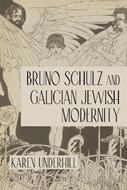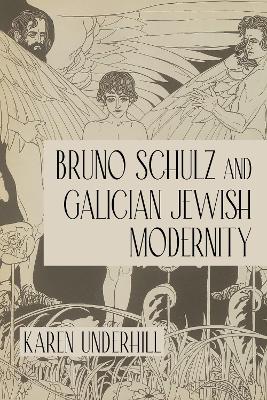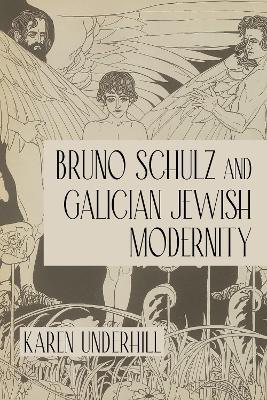Bruno Schulz and Galician Jewish Modernity
In the 1930s, through the prose of Bruno Schulz (1892–1942), the Polish language became the linguistic raw material for a profound exploration of the modern Jewish experience. Rather than turning away from the language like many of his Galician Jewish colleagues who would choose to write in Yiddish, Schulz used the Polish language to explore his own and his generation's relationship to East European Jewish exegetical tradition, and to deepen his reflection on golus or exile as a condition not only of the individual and of the Jewish community, but of language itself, and of matter. Drawing on new archival discoveries, this study explores Schulz's diasporic Jewish modernism as an example of the creative and also transient poetic forms that emerged on formerly Habsburg territory, at the historical juncture between empire and nation-state.
-
Autore:
-
Editore:
-
Collana:Jews of Eastern Europe
-
Anno:2024
-
Rilegatura:Paperback / softback
Le schede prodotto sono aggiornate in conformità al Regolamento UE 988/2023. Laddove ci fossero taluni dati non disponibili per ragioni indipendenti da Feltrinelli, vi informiamo che stiamo compiendo ogni ragionevole sforzo per inserirli. Vi invitiamo a controllare periodicamente il sito www.lafeltrinelli.it per eventuali novità e aggiornamenti.
Per le vendite di prodotti da terze parti, ciascun venditore si assume la piena e diretta responsabilità per la commercializzazione del prodotto e per la sua conformità al Regolamento UE 988/2023, nonché alle normative nazionali ed europee vigenti.
Per informazioni sulla sicurezza dei prodotti, contattare productsafety@feltrinelli.it



